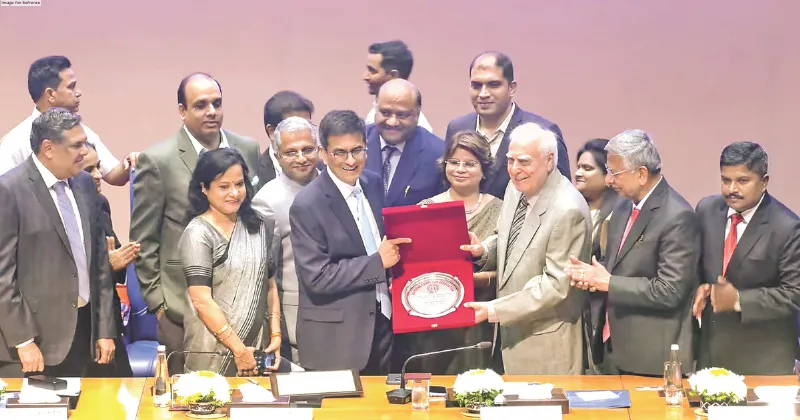IMPORTANCE OF SOFT SKILLS IN MEDICAL

The medical profession is considered to be the most noble profession. Every medical professional is required to remain updated with newer developments in patient management. For medical professionals, it is essential not only to have updated knowledge about the subject and technical skills necessary to provide effective treatment, but also to possess a set of soft skills that enable effective communication, teamwork, and empathy with patients and colleagues are equally important.
Soft skills can broadly be understood as a collection of personal characteristics, habits, attitudes, and social poise that contribute to a person’s ability to work well with others.
Some of the soft skills, for example, are Empathy, Interpersonal Relationships, Communication, Teamwork, Leadership, Good manners, Working well with diversity, Optimism, Responsibility, Sense of humour, Integrity, Time management, Motivation etc. In the medical profession, these skills are essential for building strong relationships with patients and colleagues, establishing better therapeutic alliances, enhancing decision-making and problem-solving, promoting effective treatment and care, and ensuring positive outcomes.
EMPATHY is one of the most important soft skills in the medical profession. Medical professionals who can understand the emotional and physical needs of their patients are better able to provide effective care and support. Empathy enables medical professionals to connect with patients on a deeper level, listen to their concerns, and offer support and guidance throughout the treatment process. By demonstrating empathy, medical professionals can win the trust of the patients and their caregivers to create a more positive patient experience which can have a significant impact on overall patient outcomes. It is particularly important for patients facing emotional problems.
EFFECTIVE COMMUNICATION is another essential soft skill in the medical profession. Medical professionals must be able to communicate effectively with patients, colleagues, and other stakeholders to provide effective treatment and care. Effective communication involves not only speaking clearly and articulately in the patient’s vernacular but also listening actively and attentively. By com - municating effectively, medical professionals can not only build trust with patients and caregivers but also establish a better alliance with coworkers, and ensure that important information is shared and understood.
TEAMWORK is also an important soft skill in the medical profession. Medical professionals must work effectively in teams to provide coordinated, comprehensive care to patients. Teamwork involves working effectively with colleagues from a range of disciplines, such as doctors from other specialities, nurses, and paramedical staff to ensure that patients receive the best possible care. Teamwork also provides an opportunity to utilize the skills and expertise of colleagues to develop more effective treatment plans and achieve better patient outcomes.
LEADERSHIP QUALITIES not only helps in building a good team but also enables medical professionals to get the work done rapidly and smoothly with the intent to achieve the most effective treatment outcome.
Other important soft skills in the medical profession include adaptability, problem-solving, and time management. Medical professionals must be able to adapt to changing circumstances and evolving patient needs, think critically and creatively to solve complex problems and work effectively. Likewise, time management is another important soft skill that helps medical professionals to set their priorities, plan effectively and minimise the chances of error, usually made in haste. It also helps in keeping the stress at bay, when everything is already planned.
Thus soft skills are as much essential for success in the medical profession as knowledge of the subject and technical skills. Soft skills enable medical professionals to provide effective treatment and care to their patients. By developing and honing these skills, medical professionals can create a more positive patient experience, build strong teamwork, and achieve better results. Soft skills also enhance interpersonal and social relationships and self-confidence.
DR AKHILESH JAIN HOD, Psychiatry, ESIC Model Hospital, Jaipur





















